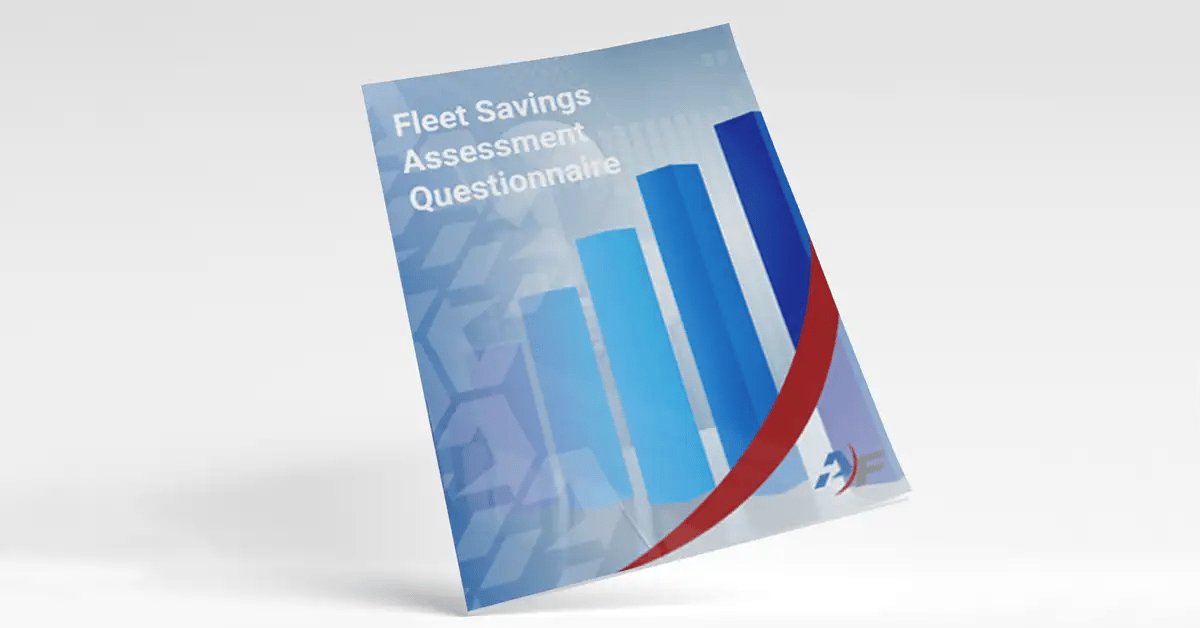Fleet Management FAQs
Got a Question? We’ve got an answer.
Explore our FAQs to find answers to common questions about our solutions.
How does utility fleet management software improve operational efficiency?
How does utility fleet management software improve operational efficiency?
By automating many aspects of fleet management, such software reduces manual workloads, minimizes errors, and provides actionable insights through data analytics. This leads to better vehicle utilization, reduced downtime through proactive maintenance, improved fuel efficiency, and ultimately, lower operational costs.
Can utility fleet management software help in emergency response situations?
Can utility fleet management software help in emergency response situations?
Yes, with features like real-time GPS tracking and efficient dispatching tools, utility fleet management software can significantly enhance a utility company's response to emergencies. It enables quick decision-making on which vehicles to deploy and the best routes to take, ensuring timely arrival at the scene.
What features are most important in utility fleet management software?
What features are most important in utility fleet management software?
Essential features include real-time GPS tracking, dispatch and scheduling tools, maintenance and repair tracking, fuel management systems, and comprehensive reporting and analytics. Integration capabilities with other systems, such as HR and financial software, are also important for a holistic approach to fleet management.
How can utility companies ensure the successful implementation of fleet management software?
How can utility companies ensure the successful implementation of fleet management software?
Successful implementation starts with choosing software that fits the specific needs of the utility company. It should be followed by comprehensive training for all users, ensuring the system integrates well with existing software, and establishing a clear protocol for data analysis and decision-making based on insights provided by the software. Continuous evaluation and adaptation to new challenges and technologies are also crucial for long-term success.
How can automation improve the efficiency of university fleet management?
How can automation improve the efficiency of university fleet management?
Automation can significantly enhance efficiency by reducing manual tasks, minimizing human error, and providing real-time data and analytics. This leads to better decision-making, improved vehicle utilization, reduced operational costs, and enhanced sustainability efforts through optimized routing and maintenance practices.
What features should I look for in university fleet management software?
What features should I look for in university fleet management software?
Key features to look for include vehicle reservation and scheduling capabilities, maintenance tracking and alerts, fuel management, reporting and analytics tools, GPS tracking for real-time vehicle location, and integration capabilities with other campus systems for seamless operations.
Can automating fleet management help in reducing the environmental impact of university fleets?
Can automating fleet management help in reducing the environmental impact of university fleets?
Yes, automating fleet management can play a crucial role in reducing the environmental impact by optimizing routes to decrease fuel consumption, scheduling regular maintenance to ensure vehicles operate efficiently, and providing data to support decisions on investing in more sustainable vehicles, such as electric or hybrid models.
What are the challenges in implementing fleet management automation at a university?
What are the challenges in implementing fleet management automation at a university?
Challenges may include the initial cost of investment, the need for training staff to use new systems, integrating the software with existing campus technology, and adapting to changing regulatory and environmental standards. However, the long-term benefits in cost savings, efficiency, and sustainability often outweigh these challenges
What are the benefits of using government fleet management software?
What are the benefits of using government fleet management software?
Government fleet management software offers numerous benefits, including streamlined operations, enhanced data accuracy, improved vehicle utilization, reduced operational costs, and better compliance with environmental and safety standards.
How does government fleet management policy impact operations?
How does government fleet management policy impact operations?
Government fleet management policies set the framework for how fleet operations are conducted, including procurement practices, maintenance schedules, usage guidelines, and disposal procedures. These policies aim to ensure efficient and responsible management of government vehicles, optimizing their use and minimizing environmental impact.
What are the challenges faced in government fleet management?
What are the challenges faced in government fleet management?
Challenges in government fleet management include managing costs, ensuring vehicle availability, complying with environmental regulations, adapting to technological changes, and maintaining a diverse fleet to meet various operational needs.
How can government agencies improve their fleet management practices?
How can government agencies improve their fleet management practices?
Government agencies can improve fleet management practices by adopting advanced fleet management software, implementing data-driven decision-making, engaging in regular training for fleet managers, optimizing vehicle replacement cycles, and focusing on sustainability initiatives.
How can fleet management software transform commercial fleet operations?
How can fleet management software transform commercial fleet operations?
By integrating intelligent algorithms and real-time data analysis, this software can predict maintenance needs, suggest optimal routes, reduce fuel consumption, and improve driver safety practices. It enables fleet managers to make data-driven decisions, leading to significant operational improvements and cost savings.
What are the key features to look for in fleet management software for commercial vehicles?
What are the key features to look for in fleet management software for commercial vehicles?
Essential features include real-time vehicle tracking, predictive maintenance alerts, route optimization, fuel management, driver behavior monitoring, and comprehensive reporting and analytics. The ability to integrate with existing enterprise systems for seamless data flow and operations is also crucial.
Can intelligent fleet management software help in reducing the environmental impact of commercial fleets?
Can intelligent fleet management software help in reducing the environmental impact of commercial fleets?
Yes, by optimizing routes to reduce travel distances and times, improving vehicle maintenance to enhance fuel efficiency, and promoting eco-friendly driving practices, intelligent fleet management software can significantly lower the carbon footprint of commercial fleets.
What challenges might companies face when implementing intelligent fleet management software, and how can they be overcome?
What challenges might companies face when implementing intelligent fleet management software, and how can they be overcome?
Challenges include the initial cost of investment, the complexity of integrating new software with existing systems, and the need for training staff to effectively use the platform. Overcoming these challenges involves selecting a software provider with a strong support and training program, ensuring the software can integrate with current systems, and focusing on the long-term benefits and ROI of the investment.




